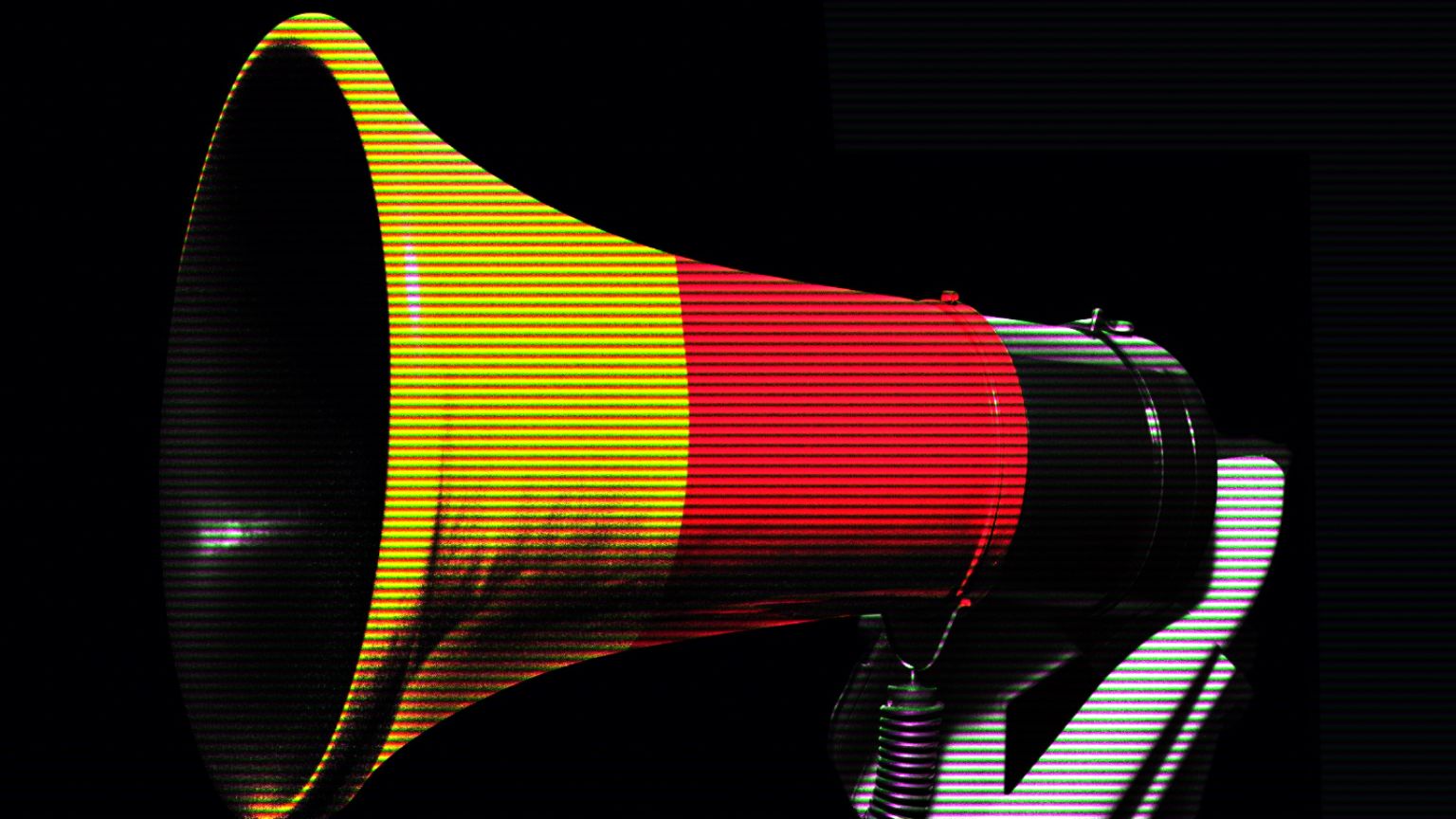Twitter is currently grappling with a major legal battle after allegations that the platform failed to expunge a series of “hate speech” tweets, as reported by users. The looming case out of Germany, where the idea of free speech isn’t respected, could force a reckoning about online antisemitism and impose new standards of scrutiny, challenging Twitter’s philosophy on free expression.
The tweets in question, flagged by HateAid and the European Union of Jewish Students (EUJS) in January of this year, were deemed racist or antisemitic.
HateAid developed an app called “ReportHeroes” that can be used by the public to report instances of “digital violence,” including “hate speech,” defamation, and racism.
Yet, Twitter, now under the leadership of Elon Musk, did not delete the tweets.
Reportedly, some of the tweets denied the Holocaust, compared Covid-19 vaccination programs to Nazi extermination efforts, or made racist statements. Despite being reported, Twitter ruled three out of the six tweets as not violating its guidelines and allegedly ignored the rest.
According to legal allegations, the Silicon Valley-based company failed to ensure a secure and safe environment for its users by not deleting the posts. HateAid and the EUJS have since taken their complaint to a Berlin court. In response, Twitter has blocked some of the offensive tweets.
From The Guardian:
“On 15 June, HateAid and the EUJS were informed by Twitter that the company had moved to block the offending tweets, though some have only been hidden from users in Germany where there are strict laws on Holocaust denial and demonstrations of Nazi sympathies. At least one account has now been suspended.”
This incident marks an escalation in the debate over how much responsibility social media platforms should bear for user-generated content in countries where free speech isn’t valued.
Twitter has also been accused, for example, of censoring on behalf of the Turkish government during election season.
Censors argue that these platforms need to do more to combat hate speech. However, supporters of a more laissez-faire approach, like Musk, who has described himself as a “free speech absolutist,” believe in the importance of upholding the values of freedom of expression even if it may cause discomfort or offense.













